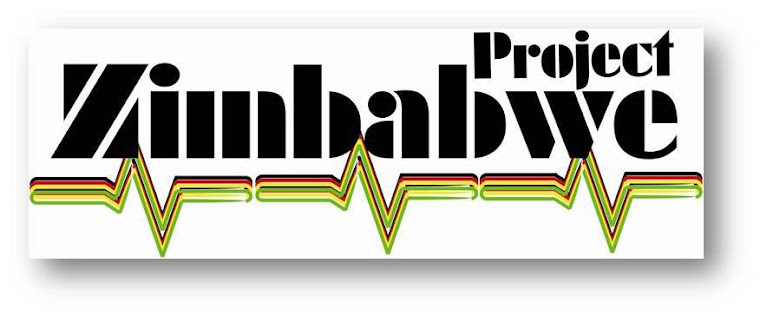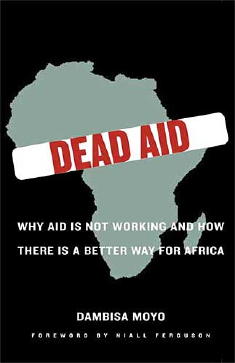This week, I had the opportunity to speak to Jennifer Clifford-Garner, the former President of Project Zimbabwe:
 What made you decide to run for President of Project Zimbabwe?
What made you decide to run for President of Project Zimbabwe?--> I had been involved with PZ since its inception, working with the
founding president, Kirsten Scott, to build and expand the project. I had
invested a lot of time and energy in to the general running of PZ and also
played an active role in fundraising events. I guess I could see the big
potential PZ had and I wanted to put into place all my ideas and
aspirations. I had also not undertaken such a role before and relished the
challenge on a personal level.
What were your main goals during your Presidency?
--> My goals for PZ including refining the charity with a specific number
of well run umbrella projects with good branding, advertising and possible
sponsorship for each. I wanted to raise the profile of PZ within the
college to bring new talents to the group and develop new project ideas. I
also wanted to increase the amount of funding available to PZ so that all
our ideas could be realised.
What were the challenges you faced?
--> Challenges of running PZ included arranging successful fundraising
events and keeping on top of administrative tasks whilst in my final year of
medical school. Our hugely successful book project also involved an
enormous amount of time and manual labour. Gaining interest and support from
fellow students and interested parties, I am happy to say, was never a
challenge.
What was the highlight of your Presidency?
--> After some long periods of hard work, I was thrilled to receive a
letter from the King's Fund, stating our funding application to be a
success. I also thoroughly enjoyed all of our African Music nights - seeing
the coming together of a range of people, all enjoying the entertainment,
knowing that 100% of the outcomes would be for the benefit of PZ projects. I
was also very proud to pass on the role of presidency to the new brilliant
presidents, safe in the knowledge that all the hard work gone before
wouldn't be in vane.
What are you up to now?
--> On top of working as a foundation trainee doctor at Whipps Cross
Hospital, I am also the part-time administrator for ZHTS, PZ's parent
charity. My role for ZHTS includes running the website, maintaining the
membership database, creating all graphics and many general administrative
duties.






